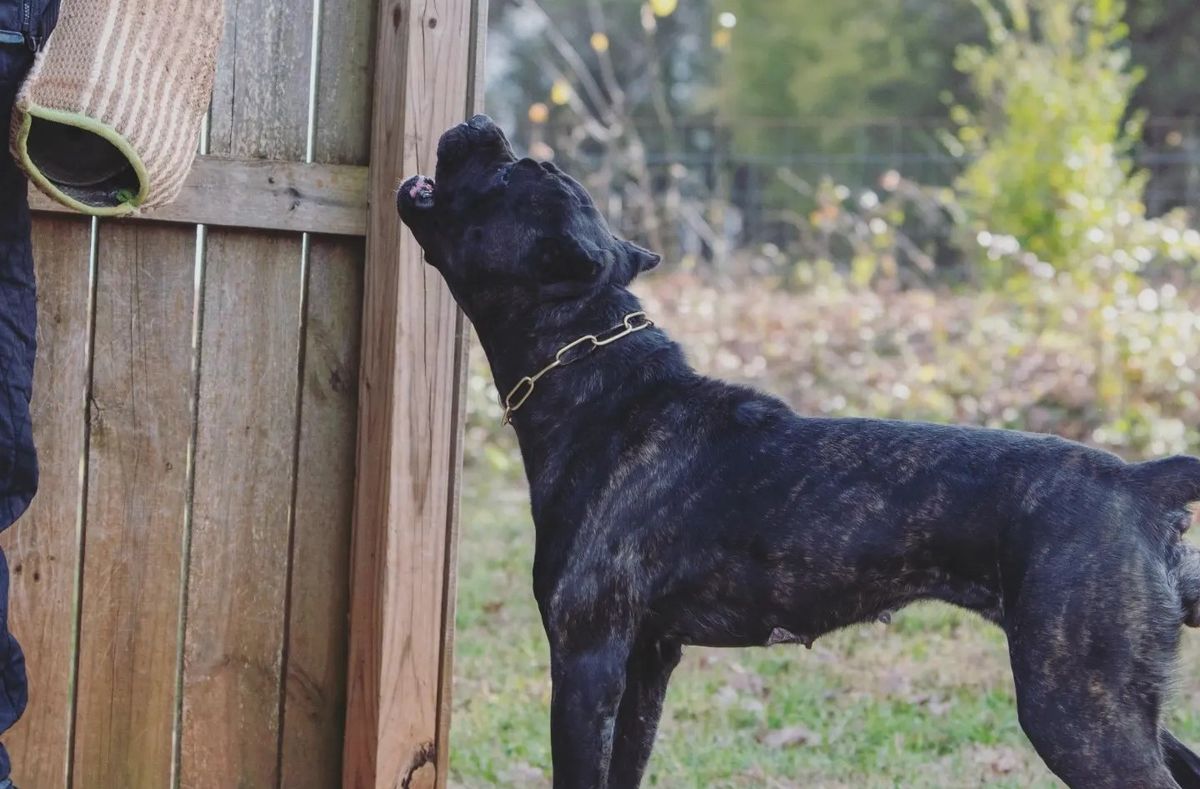Understanding Aggression in Dogs: Factors and Prevention

Aggression is a behavior that can manifest in dogs in a variety of ways, from growling and snapping to biting and attacking. Understanding where aggression may stem from in dogs is critical in preventing and treating this behavior.
Genetics, socialization, and past experiences are three potential factors that may contribute to the development of aggressive behavior in dogs. Genetic factors may include breed predispositions towards certain types of aggression, such as territorial aggression in some guard dog breeds.
Socialization is also an essential factor in a dog's behavior. Dogs that are not properly socialized may perceive unfamiliar people or animals as threats, leading to aggressive behavior. This is especially true for dogs that are not exposed to different environments and experiences at a young age.
Past experiences can also play a significant role in a dog's aggressive behavior. Dogs that have experienced trauma or abuse may be more likely to exhibit aggressive behavior towards people or animals. Additionally, dogs that have been trained or encouraged to exhibit aggressive behavior may continue to do so even when the training is no longer present.
It is important to understand that aggression in dogs is not necessarily a sign of a "bad" dog. Instead, it is a complex behavior that requires careful evaluation and understanding. Addressing aggression in dogs often requires the help of a qualified professional, such as a certified dog behavior consultant or veterinarian.
Prevention is key when it comes to aggression in dogs. Proper socialization, training, and management can help prevent many cases of aggression. It is essential to expose dogs to a variety of experiences, people, and animals in a controlled and positive manner. Positive reinforcement training can also help reinforce good behavior and prevent the development of aggressive tendencies.
In conclusion, aggression in dogs may stem from a variety of factors, including genetics, socialization, and past experiences. Understanding these factors can help prevent and treat aggressive behavior in dogs. Proper socialization, training, and management, as well as working with a qualified professional, can help address and manage existing cases of aggression in dogs.